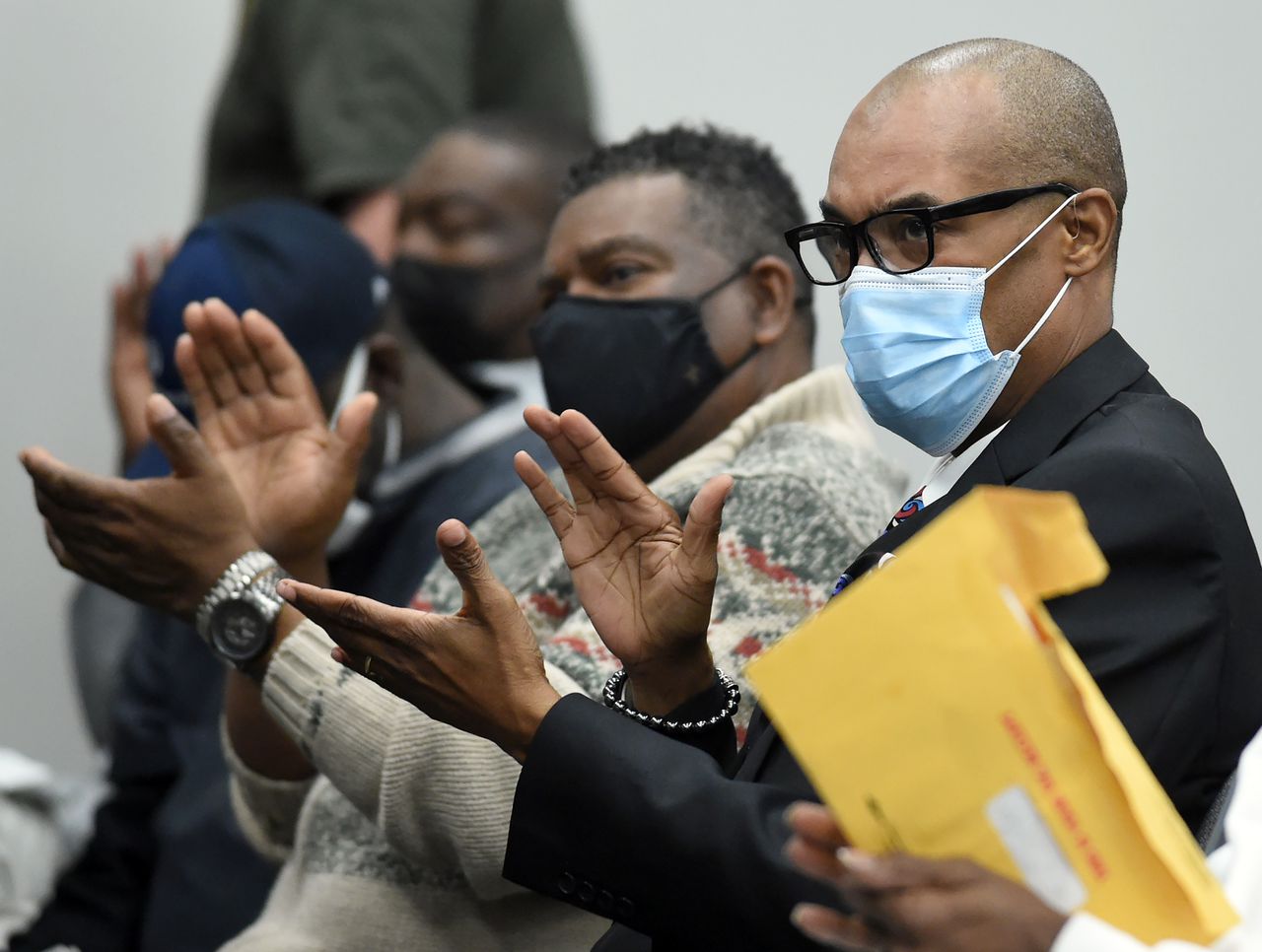Federal judge says Brookside police officers can be sued
A federal judge in Birmingham has allowed a lawsuit against the town of Brookside and three of its police officers to proceed, a rare ruling against officers who claimed they were protected from suit by qualified immunity because of the simple fact they held police jobs.
U.S. District Judge R. David Proctor on Friday denied a motion for summary judgment, which would have removed the officers from the suit.
Proctor received partial bodycam video of the April 4, 2020 arrest of Brittany Coleman, who joined a class-action suit against the troubled town after being arrested on her birthday and having her car towed. Proctor wrote in his order that “a reasonable jury could find that (the officers) violated (Coleman’s) clearly established rights when they handcuffed (Coleman) and towed her car without proper justification.”
Coleman has said she was stopped by Brookside officer Marcus Sellers, who said she was following the car in front of her too closely. She admitted smoking marijuana earlier in the day, but said she was not under the influence at the time. Sellers immediately handcuffed her and kept her on the side of the road as her car was towed.
Officers Mareshah Moses and Anthony Ragsdale later arrived. All are named in the lawsuit, along with the town of Brookside. The court has received Moses’ and Ragsdale’s bodycam footage, but not that of Sellers.
Judge Proctor wrote that the officers offered no reason for handcuffing Coleman, and “body camera footage flatly contradicts” their claim that she was under the influence.
The Brookside mayor and town attorney did not respond to questions. Attempts to reach the officers failed.
Brookside became a symbol of police profiteering in January after AL.com detailed the way it built its force from the ground up, piling charges on drivers after dubious stops. Brookside revenue from fines and forfeitures rose 640 percent between 2018 and 2020, and then police chief Mike Jones argued it should be more. Money from fines and fees came to supply 49 percent of Brookside’s income.
RELATED: Inside the rise and fall of Brookside
RELATED: Police in this town suck drivers into ‘black hole’
Coleman’s case is part of the larger class-action suit brought by the Virginia-based Institute for Justice, which is challenging what it argues was a money-driven policing strategy.
“After conducting three field sobriety tests, Officer Sellers told Plaintiff, ‘I don’t believe you’re going to be under the influence to operate your car safely,’” the judge wrote of Coleman’s stop.
On the video, Sellers later told another officer “that ‘the Chief’ wanted them to tow in these circumstances,” Proctor wrote.
“If a videotape clearly depicts events and leaves no material factual disputes, the court need not rely on one party’s version of facts when they are obviously discredited by the evidence,” he wrote.
Institute for Justice lawyer Tori Clark said in a statement that the court’s ruling “is an important step in the efforts of ordinary people to hold Brookside and its officers accountable for violating their constitutional rights.”
The lawyers’ statement argued that under the legal doctrine of qualified immunity, Coleman was required to show that the constitutional right to be free from baseless handcuffing and towing was “clearly established”—rights that the district court found were “clear” and “obvious.”
“With the officers’ bid to duck accountability rejected, Brittany can now proceed with her claim against them.”
